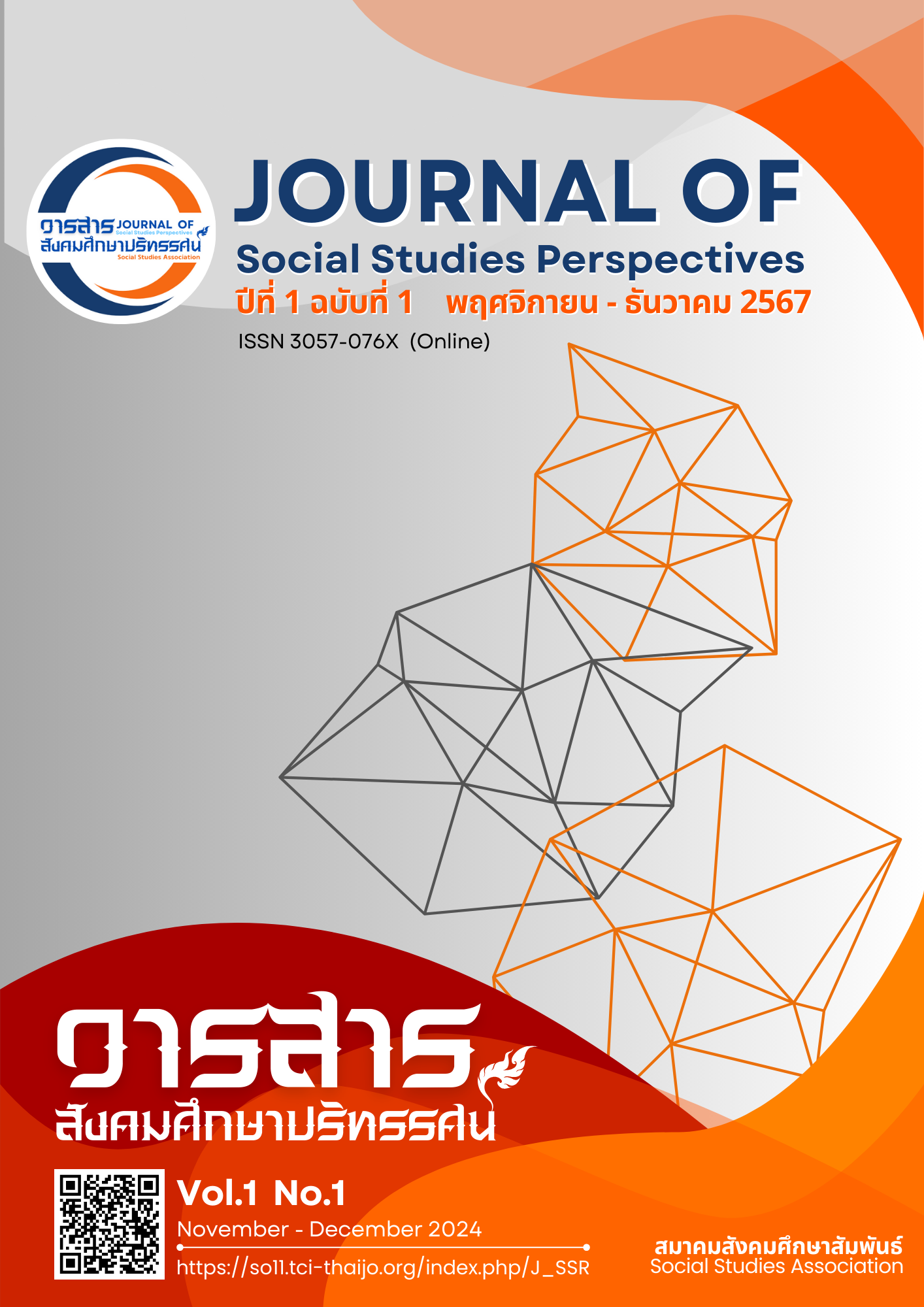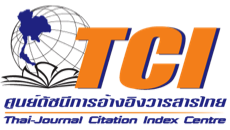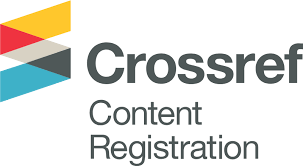INEQUALITY IN THAI SOCIETY CHALLENGES AND ADAPTATION TOWARDS EQUALITY
DOI:
https://doi.org/10.64186/jsp1154Keywords:
Inequality, Human Capital, Social Capital, Decentralization, Public PolicyAbstract
This piece looks at unfairness in Thai life by mixing key ideas and beliefs, like how parts of society work together, fights for stuff, people's talents, fairness in society and the worth of social links. It gives a deep way to think about cash issues community life and political sides of unfairness. The findings show how social systems connect with what the government does human skills and social ties which are big things that add to unfairness in Thailand. Money gaps school differences and lack of stuff between country areas and cities point out big problems like bad spread of wealth or few chances for learning new skills or better living. Plus looking at what the government does shows limits on making things fair for different group of people. The paper gives ideas for rules to fix unfairness, like sharing things fairly, having good help systems, simple learning and training for all places, and forming social groups to help community growth. It shows that letting folks take part in making rules and improving human plus social skills in the local area is key ways to reduce unfairness over time. Learning can spread and be used with school papers, talks or with visual aids such as charts and drawings to show the tough parts of problems and solutions well. These results aim to help law makers teachers and community workers who are fixing unfairness especially in Thai setting which needs lasting good answers for long betterment. The study provides useful ideas for making open plans and real steps close holes support fairness in a Thai society.
References
Arunothai Sawat. (2017). Thailand inequality. WAY Magazine. Asian Development Bank Institute. (2017). Reducing Inequality in the People’s Republic of China through Fiscal Reform. ADBI.
Asian Development Bank. (2014). Thailand: Industrialization and Economic Catch-Up. ADB.Becker, G. S. (1964). Human capital: A theoretical and empirical analysis, with special reference to education. University of Chicago Press.
Bourdieu, P. (1986). The forms of capital. In J. G. Richardson (Ed.), Handbook of theory and research for the sociology of education (pp. 241-258). Greenwood Press.
Credit Suisse Research Institute. (2018). Global Wealth Report 2018. Credit Suisse.
Durkheim, É. (1893). The division of labor in society. New York: Free Press.
King Prajadhipok's Institute. (2019). Overcoming inequality: The challenges of Thai society. Bangkok: King Prajadhipok's Institute.
Marx, K., & Engels, F. (1848). The communist manifesto. New York: Penguin Classics.
Organisation for Economic Co-operation and Development. (2018). Economic Outlook for Southeast Asia, China and India 2018: Fostering Growth through Digitalisation. OECD Publishing.
Pinwadee Srisuphan. (2022). Class segregation and its impact on resource accessibility in Thai society. Journal of Development, 28(2),
–40.
Pongsawat Pityaporn. (2017). Political inequality. Matichon Online.
Purivat Punyawutipreeda. (2021). Inequality in the context of Thai society and culture. Journal of Social Sciences, 19(1), 89–102.
Rawls, J. (1971). A theory of justice. Harvard University Press.
Sarinee Achavanuntakul. (2011). Pocket guide to inequality. Nonthaburi: Reform Office.
Sasivimol Varunasiri Pawinwat. (2016). Factors affecting income inequality in Thailand. Journal of Economics, 14(3), 45–67.
Somchai Jitsuchon. (2017). Inequality in Thai society: Trends, policies, and policy driving approaches. Thailand Development Research Institute.
Wicharn Sai-on. (2017). The state welfare registration project. Secretariat of the House of Representatives.
World Bank. (2016). Thailand Economic Monitor: Inequality, Opportunity and Human Capital. World Bank Group.
World Economic Forum. (2016). The Inclusive Growth and Development Report 2016. WEF.
Yos Santasombat. (2017). Social inequality from the perspective of social science researchers. National Research Council of Thailand.
Downloads
Published
How to Cite
Issue
Section
Categories
License
Copyright (c) 2024 The Social Studies Review Journal

This work is licensed under a Creative Commons Attribution-NonCommercial-NoDerivatives 4.0 International License.
The article is published under the Creative Commons Attribution-NonCommercial-NoDerivatives 4.0 International (CC BY-NC-ND 4.0) license, which allows others to share the article while giving appropriate credit to the author. It prohibits the use of the article for commercial purposes or the creation of derivative works. Any other reuse or reproduction requires permission from the journal.










